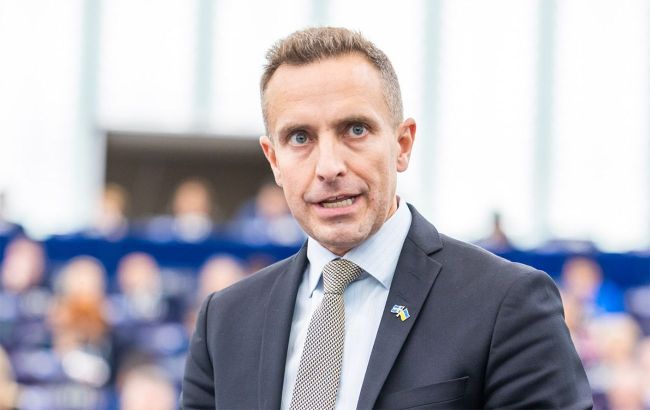EU plans to establish special agency to fight Kremlin bots and disinformation
 Swedish Member of the European Parliament Tomas Tobé (photo: Facebook)
Swedish Member of the European Parliament Tomas Tobé (photo: Facebook)
The European Union may establish a new independent agency to counter Russian disinformation and election interference. The agency would serve as an independent center for rapid response to Kremlin information attacks, according to Euractiv.
Swedish Member of the European Parliament Tomas Tobé has proposed the creation of a new agency to protect EU countries from Russian bots and disinformation.
In his report as the rapporteur of the European Parliament's Special Committee on the European Democracy Shield, Tobé suggested establishing an independent body to combat the wave of foreign information manipulation and interference (FIMI).
Single EU center to combat disinformation
The MEP proposes the creation of a center that would "gradually become operational in its functionality" and work in coordination with the relevant unit of the European External Action Service.
According to him, the new institution should serve as an information hub to support EU member states, as well as a European center of excellence in countering disinformation and foreign state manipulation.
The structure is expected to be able to "act rapidly and decisively" in response to current foreign threats, particularly from Russia.
As Tobé notes in his report, examples for building such a body could include the French technical agency Viginum, which monitors foreign digital interference, and the Swedish Psychological Defence Agency. However, the report does not specify where the agency would be based or how it would be funded.
New protective tools
European Commission President Ursula von der Leyen has previously promised to develop new tools and structures "to counter foreign information manipulation and interference online."
However, the European Commission's 2025 work program only mentions a broader initiative to counter hybrid threats, particularly from Russia. It remains unclear whether the Commission supports the creation of a dedicated new agency.
Russian disinformation and manipulation
The EU has been battling Kremlin-backed hacker attacks for several years, particularly in the run-up to national elections.
European authorities have documented 42 attempts by Russia to spread disinformation and manipulation ahead of the June European Parliament elections. Romania even canceled its December elections due to Russian disinformation efforts.
In October last year, the Council of the EU approved a new framework for sanctions targeting Russia's destabilizing actions. These new measures aim to address hybrid threats, including election interference, sabotage of critical infrastructure, disinformation campaigns, and cyberattacks.

